
Find Help
More Items From Ergsy search
-

At what age do symptoms of Huntington's disease typically appear?
Relevance: 100%
-
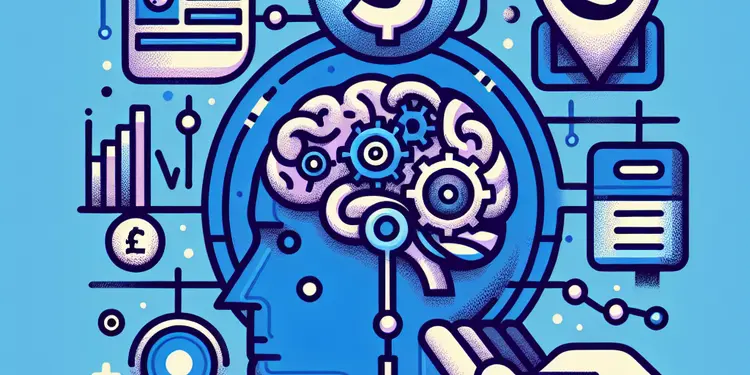
What are the symptoms of Huntington's disease?
Relevance: 93%
-

What is Huntington's disease?
Relevance: 82%
-
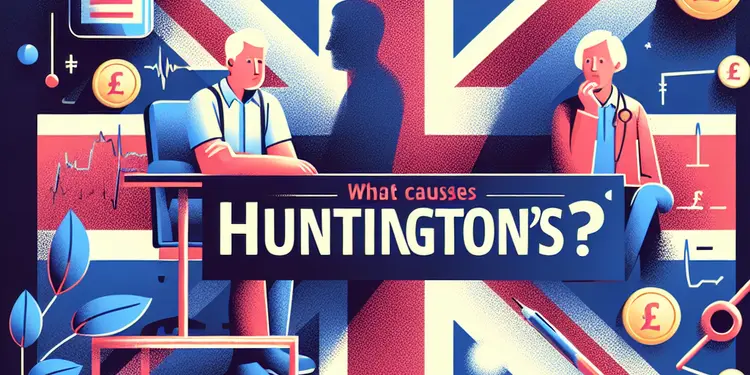
What causes Huntington's disease?
Relevance: 80%
-
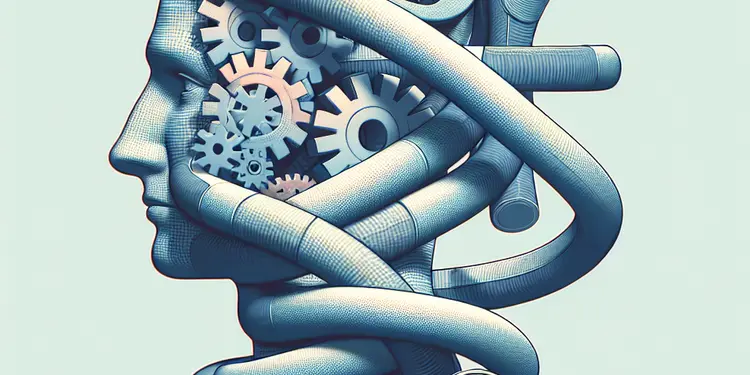
Is Huntington's disease fatal?
Relevance: 79%
-
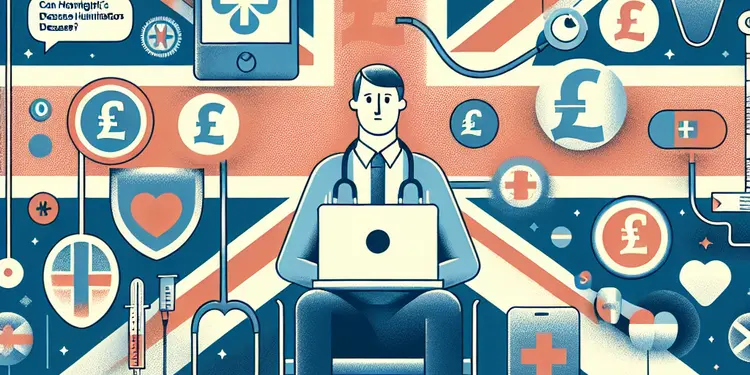
Can Huntington's disease be prevented?
Relevance: 76%
-

How is Huntington's disease diagnosed?
Relevance: 75%
-
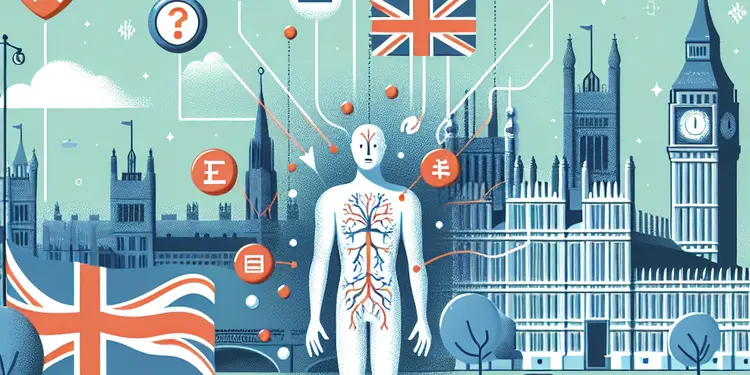
How does Huntington's disease affect emotions?
Relevance: 72%
-

Can Huntington's disease be cured?
Relevance: 72%
-

How does Huntington's disease affect movement?
Relevance: 70%
-
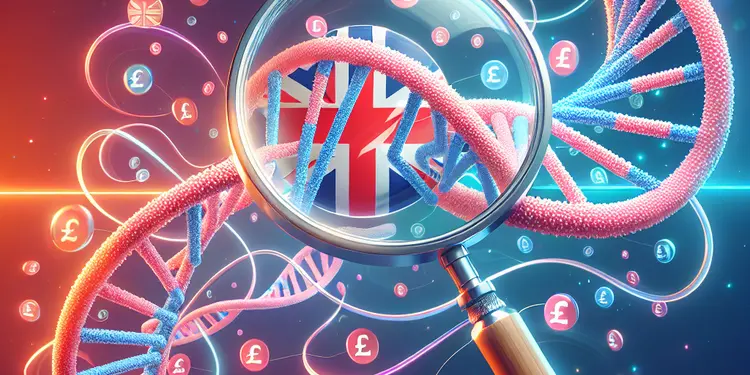
What is the role of genetic testing in Huntington's disease?
Relevance: 70%
-
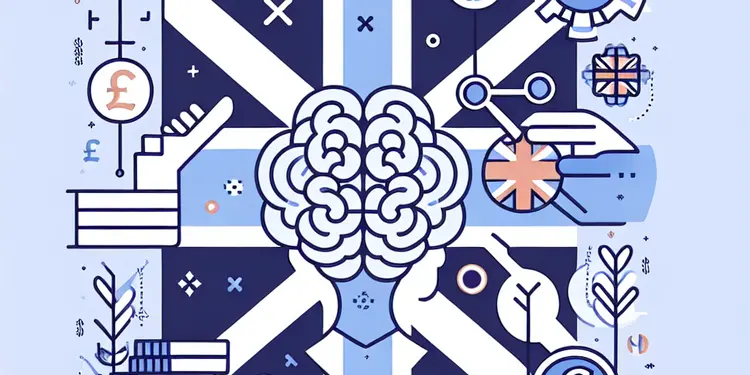
How does Huntington's disease affect cognition?
Relevance: 69%
-

What research is being done on Huntington's disease?
Relevance: 68%
-
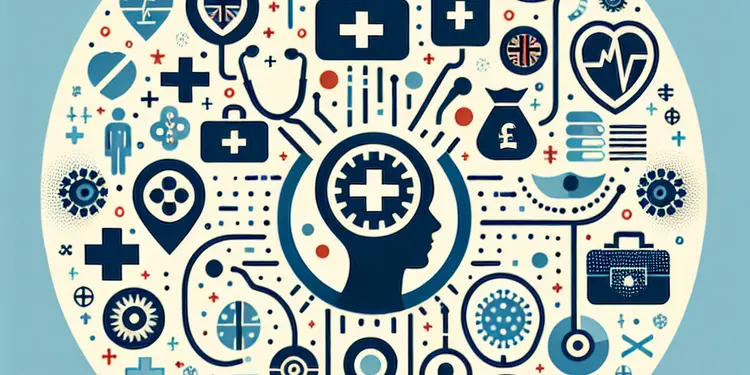
What kinds of specialists are involved in treating Huntington's disease?
Relevance: 66%
-

Can lifestyle changes help manage Huntington's disease?
Relevance: 65%
-
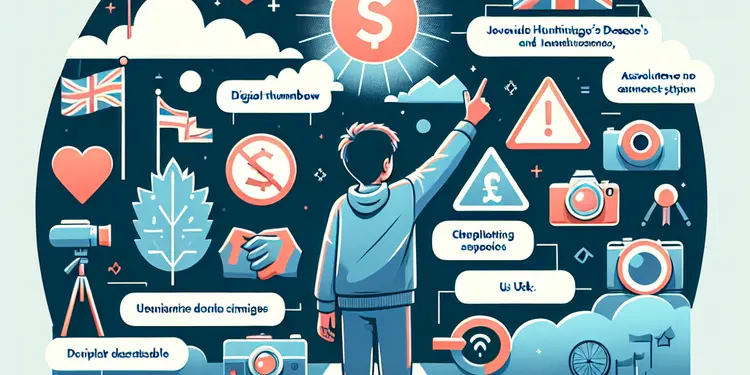
What is Juvenile Huntington's disease?
Relevance: 55%
-

How is Huntington's disease inherited?
Relevance: 53%
-

Are there treatments available for Huntington's disease?
Relevance: 52%
-
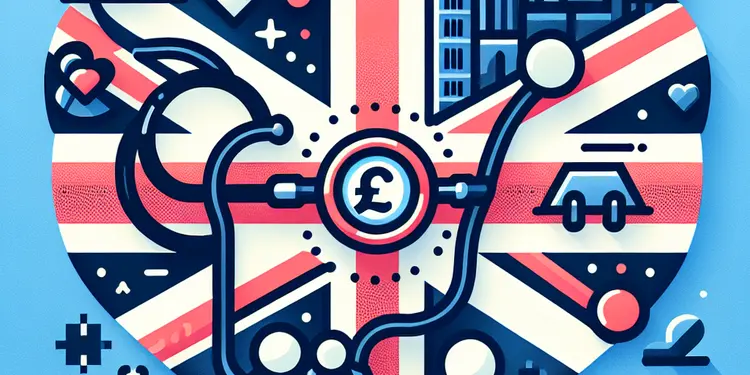
What support is available for families affected by Huntington's disease?
Relevance: 47%
-
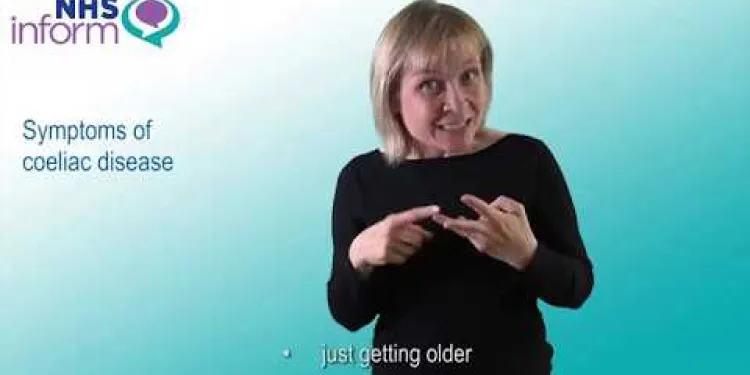
Symptoms of coeliac disease
Relevance: 43%
-
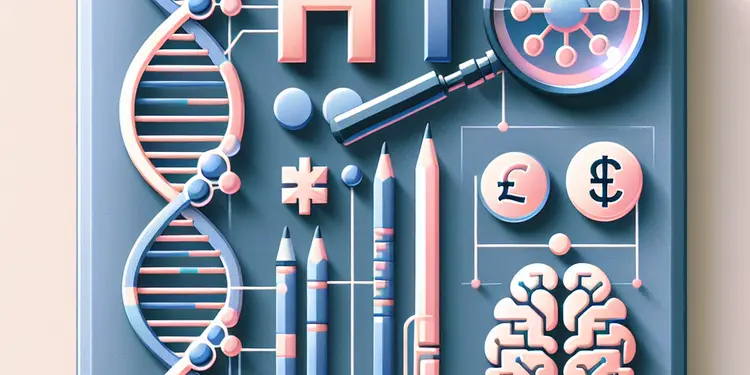
What role does the HTT gene play in Huntington's disease?
Relevance: 43%
-
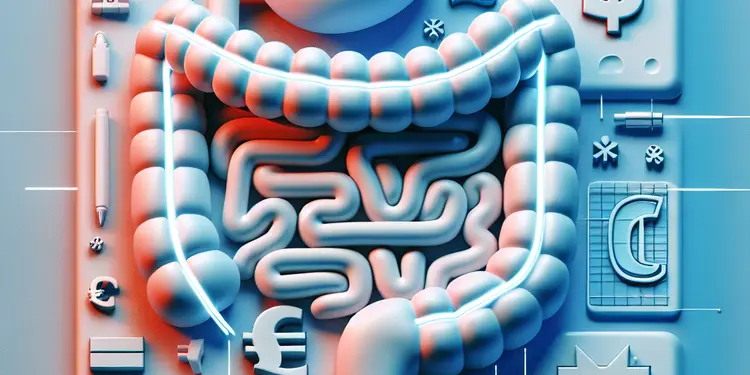
Are there specific gut-related diseases that become more common with age?
Relevance: 41%
-
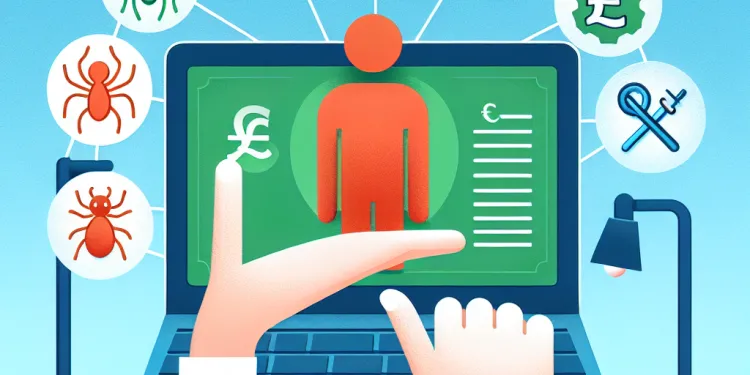
What are common symptoms of Lyme disease?
Relevance: 39%
-
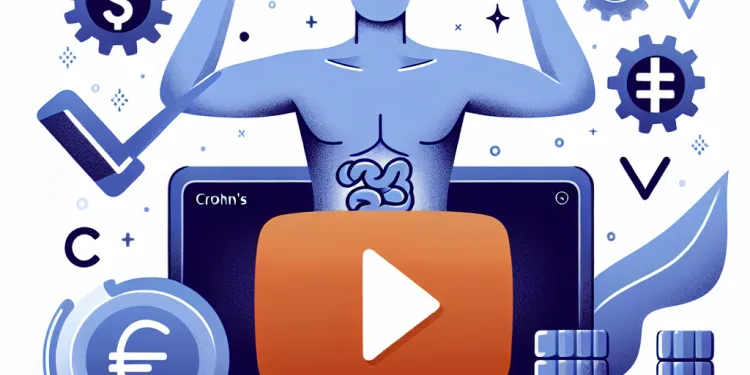
What are the common symptoms of Crohn's disease?
Relevance: 39%
-

What are the symptoms of Marburg virus disease?
Relevance: 39%
-

Can heart attack symptoms vary by age?
Relevance: 39%
-
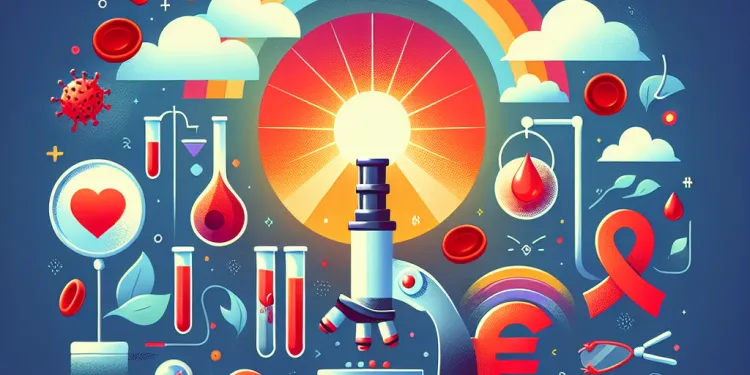
What are the symptoms of sickle cell disease?
Relevance: 39%
-
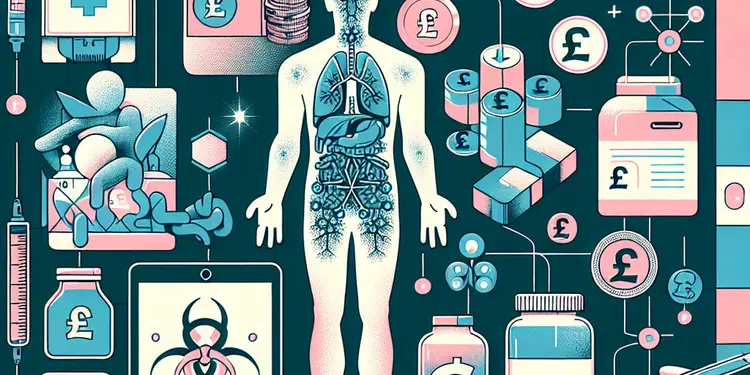
What are the symptoms of flesh-eating disease?
Relevance: 38%
-
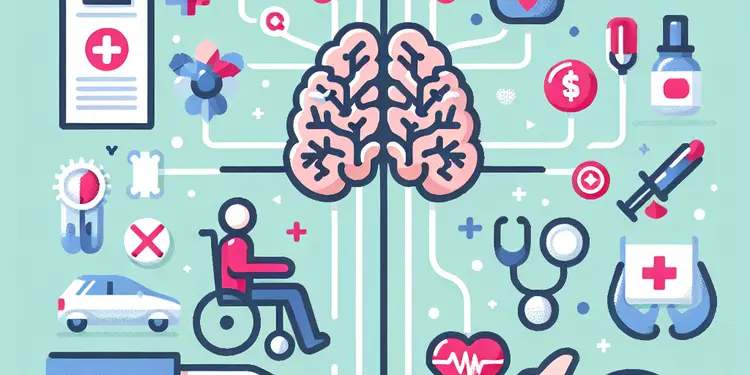
What are the primary symptoms of motor neurone disease?
Relevance: 37%
-
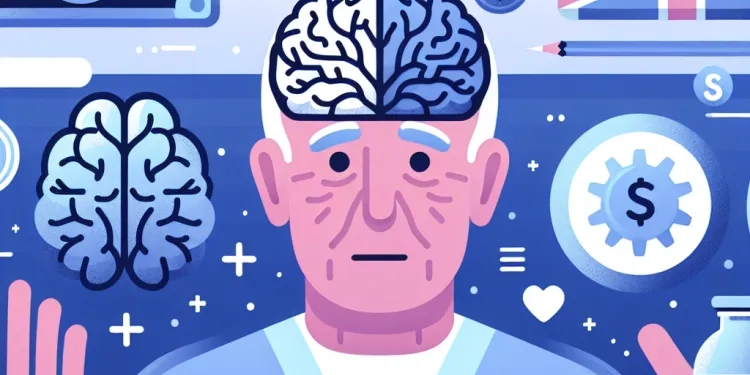
What are the symptoms of Alzheimer's disease?
Relevance: 37%
-

What symptoms should I watch for if I suspect a mosquito-borne disease?
Relevance: 36%
-

Is health linked to aging?
Relevance: 32%
-
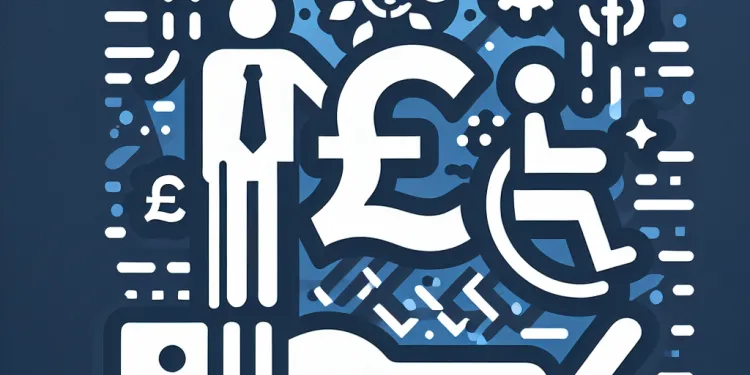
What is Parkinson's disease?
Relevance: 32%
-
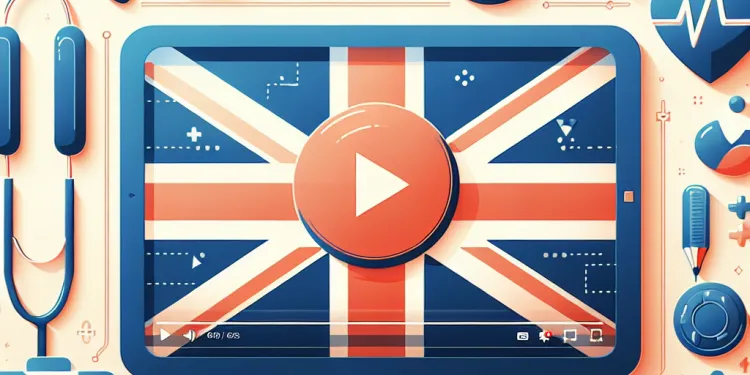
How common is Alzheimer's disease in the UK?
Relevance: 32%
-
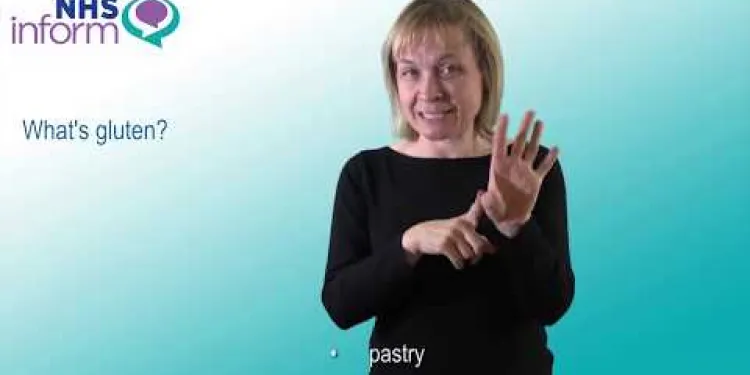
Coeliac disease
Relevance: 32%
-
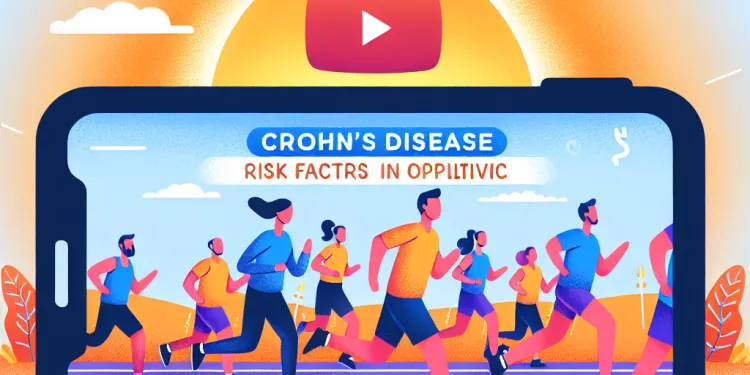
Who is at risk of developing Crohn's disease?
Relevance: 32%
-
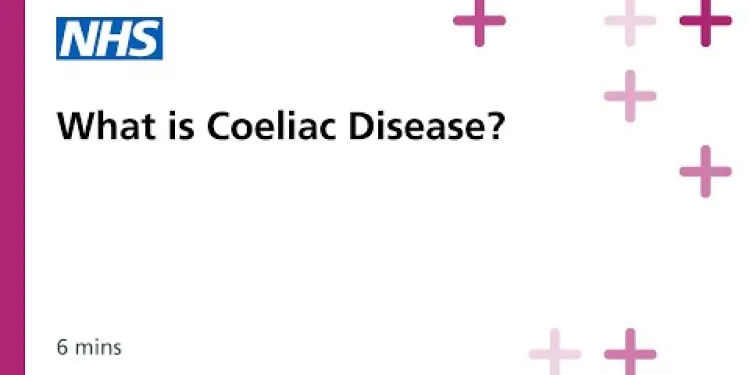
Coeliac Disease: Session 1: What is Coeliac Disease?
Relevance: 31%
-

What Causes Erectile Dysfunction (ED) - Disease or Symptom - NHS A to Z - Dr Gill
Relevance: 31%
-
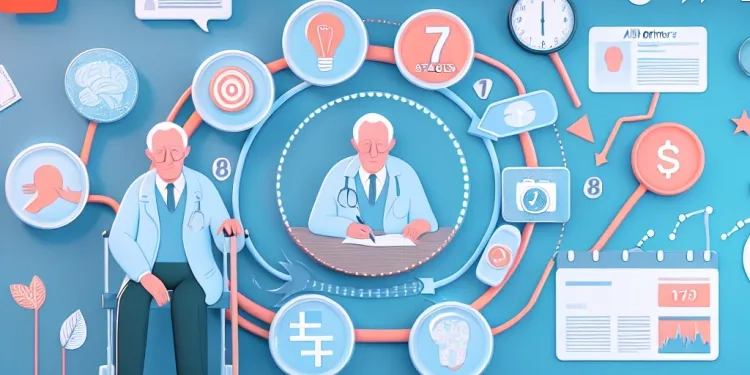
What are the stages of Alzheimer's disease?
Relevance: 30%
-
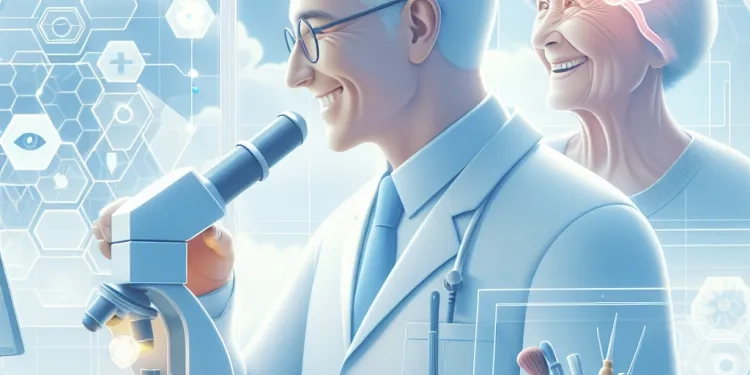
What is Alzheimer's disease?
Relevance: 30%
Understanding Huntington's Disease
Huntington's disease is a progressive brain disorder caused by a single defective gene on chromosome 4. It is an inherited condition that results in the degeneration of nerve cells in the brain, leading to movement, cognitive, and psychiatric disorders. The disease is named after George Huntington, who first described it in 1872.
Typical Age of Onset
The onset of symptoms related to Huntington's disease typically occurs between the ages of 30 and 50. However, the age can vary widely among individuals. In the UK, the average age of onset is around 40 years, but some may develop symptoms much earlier or later. This variability is due to differing lengths of the CAG repeat in the HTT gene, which influences the age at which symptoms appear.
Early Symptoms
Early symptoms of Huntington's disease often include subtle changes in coordination, mood swings, and cognitive difficulties. People may experience problems with memory, concentration, and decision-making. These early signs can be subtle and may be mistaken for other conditions, contributing to delayed diagnosis. Chorea, which is involuntary, jerky movements, is also a hallmark of the disease but may not appear until later in the progression.
Juvenile Huntington's Disease
In some rare cases, individuals may experience symptoms before the age of 20. This form is known as juvenile Huntington’s disease and represents approximately 5% to 10% of all cases. Symptoms of juvenile Huntington's disease differ from those seen in adult-onset, often including more rapid progression and increased severity, along with symptoms such as rigidity, tremors, and changes in school performance.
Late-Onset Huntington's Disease
It is also possible for symptoms to manifest in individuals over the age of 60, though such cases are less common. As symptom presentation can vary substantially, a genetic test can determine if an individual with a family history of Huntington's carries the faulty gene, even before symptoms appear. Late-onset cases might progress more slowly, but this varies among individuals.
Diagnosis and Genetic Testing
Diagnosis of Huntington's disease is typically confirmed through genetic testing, especially if there is a known history within the family. This testing looks for the mutation in the HTT gene, with a focus on the number of CAG repeats. Predictive testing can be offered to individuals with a family history, providing insight into whether they are likely to develop the disease. It is important for genetic counselling to accompany testing, given the implications of the results.
Conclusion
In the UK, understanding the typical age of onset for Huntington's disease is crucial for awareness and early intervention. While most individuals exhibit symptoms between 30 and 50, variability exists. Genetic testing plays a significant role in monitoring those at risk, ensuring timely diagnosis and management of the disease.
Understanding Huntington's Disease
Huntington's disease is a brain illness. It gets worse over time and is caused by a problem with a gene. This problem in the gene is on chromosome 4. If someone in your family has it, you might get it too. It affects how nerve cells in your brain work. This can lead to troubles with moving, thinking, and feeling. The disease is named after George Huntington. He first talked about it in 1872.
When Symptoms Start
People usually start showing symptoms of Huntington's disease when they are 30 to 50 years old. But, it can happen earlier or later. In the UK, most people notice symptoms around age 40. How soon symptoms start depends on a part of a gene called CAG repeat.
Early Symptoms
At first, there might be small changes in how you move. You might feel moody or find it hard to think clearly. You may have trouble remembering things, focusing, or making choices. These changes can be small and look like other problems, making it hard to know you have Huntington's. One movement problem is called chorea, which is jerky movements. It might happen later.
Juvenile Huntington's Disease
Sometimes, kids and teens show symptoms before 20 years old. This is called juvenile Huntington’s disease. It is not very common and happens in about 5% to 10% of cases. Symptoms come faster and can be worse. Kids may be stiffer, shake, or have trouble at school.
Late-Onset Huntington's Disease
Some people get symptoms after age 60. This doesn’t happen often. How symptoms show can be very different. A genetic test can tell if you have the problem with the gene, even if you don’t have symptoms yet. This test is important if Huntington's disease runs in your family.
Diagnosis and Genetic Testing
Doctors use genetic tests to find out if someone has Huntington's disease. This is especially true if it runs in the family. The test checks the HTT gene for changes in CAG repeats. If your family has the disease, you can get tested to see if you might get it. Before testing, people usually talk with a counselor to understand what the results could mean.
Conclusion
In the UK, knowing when Huntington's disease starts is important. This helps in finding it early. Usually, people have symptoms between ages 30 and 50, but it can vary. Genetic testing is key for people at risk. It helps in finding and managing the disease early.
Frequently Asked Questions
At what age do symptoms of Huntington's disease typically appear?
Symptoms of Huntington's disease typically appear between the ages of 30 and 50.
Can the symptoms of Huntington's disease appear earlier than 30?
Yes, symptoms can sometimes appear as early as in the 20s, which is referred to as juvenile Huntington's disease.
Is it possible for symptoms of Huntington's disease to appear later in life?
Yes, while most cases appear between 30 and 50, symptoms can also appear in older adults.
What are the early signs of Huntington's disease?
Early signs may include mood swings, depression, irritability, and mild changes in coordination.
Does the age of onset affect the progression of Huntington's disease?
Generally, an earlier onset age is associated with a faster progression of symptoms.
Is there a difference in symptom onset age between males and females?
On average, there is no significant difference in symptom onset age between males and females.
How long after symptoms appear does Huntington's disease progress?
After symptoms appear, Huntington's disease typically progresses over 10 to 25 years.
Can children have Huntington's disease?
Yes, but it is rare. Juvenile Huntington's disease can occur in children and teenagers.
What factors might influence the age of onset for Huntington's disease?
Genetic factors, particularly the number of CAG repeats in the HTT gene, influence the age of onset.
Are there any preventive measures to delay the onset of Huntington's disease?
Currently, there are no known ways to prevent or delay the onset of Huntington's disease.
How is the age of onset related to the CAG repeat number in Huntington's disease?
The more CAG repeats in the HTT gene, the earlier the onset of symptoms tends to occur.
Can lifestyle changes influence the age of onset of Huntington's disease?
While healthy lifestyle choices are beneficial in general, there is no evidence they influence the onset age specifically.
What testing is available to determine the onset risk for Huntington's disease?
Genetic testing can determine if a person carries the gene mutation that causes Huntington's disease.
If a parent has Huntington's disease, at what age should their child be tested?
Genetic counseling is recommended before testing, and testing is typically considered when symptoms appear or are imminent.
Are there different forms of Huntington's disease based on age of onset?
Yes, there is adult-onset Huntington's disease and juvenile-onset Huntington's disease, which begins before age 20.
Can environmental factors affect the age of onset for Huntington's disease?
While environmental factors are believed to play a role in symptom severity, their effect on onset age is unclear.
Is the onset age of Huntington's disease hereditary?
Yes, the age of onset can be influenced by hereditary genetic factors such as CAG repeat length.
What is the relationship between onset age and symptom severity in Huntington's disease?
Generally, earlier onset is associated with more severe and rapid progression of symptoms.
Can Huntington's disease be diagnosed before symptoms appear?
Yes, genetic testing can confirm the presence of the HTT gene mutation before symptoms appear.
What role does genetic counseling play in understanding the onset of Huntington's disease?
Genetic counseling provides information and support to individuals at risk of inheriting Huntington's disease to understand the genetic aspects, including possible age of onset.
When do signs of Huntington's disease usually show up?
Signs of Huntington's disease usually show up when a person is between 30 and 50 years old.
Can Huntington's disease start before age 30?
Huntington's disease is a sickness that affects the brain. Most people with it start to feel sick around 30 years old. But sometimes, people can start to feel sick when they are younger than 30. This is called 'juvenile Huntington's disease.'
If you know someone who is feeling sick or if you have questions, it can help to talk to a doctor. They know a lot about Huntington's disease and can help you understand it better.
To learn more, you can use tools like picture stories or videos. These can be easier to understand than just words.
Yes, signs of the illness can sometimes show up when a person is in their 20s. This is called juvenile Huntington's disease.
Can symptoms of Huntington's disease show up when a person is older?
Yes, most people get symptoms when they are between 30 and 50 years old. But sometimes, older people can get symptoms too.
Here are some tips to help you understand:
- Read slowly and out loud if that helps.
- Use a dictionary or ask someone if a word is hard.
- Take breaks if it's too much at once.
What are the first signs of Huntington's disease?
Huntington's disease is an illness that affects the brain.
Here are some signs that someone might have it:
- Trouble moving smoothly or shaky hands.
- Hard time thinking clearly and learning new things.
- Feeling sad or grumpy a lot.
- Changes in mood or having strong feelings.
If you think someone might have these signs, it's good to talk to a doctor. They can help check and give advice.
Tools that can help include getting support from a speech therapist for communication and using reminders to help with memory.
Early signs might be feeling happy one minute and sad the next, feeling very sad, getting annoyed easily, and having a bit of trouble moving smoothly.
Does getting Huntington's disease at a young age change how it gets worse?
Usually, when symptoms start at a younger age, they get worse more quickly.
Do boys and girls start having symptoms at different ages?
On average, boys and girls start to show symptoms at about the same age.
How quickly does Huntington's disease get worse after it starts?
Once signs of Huntington's disease begin, it usually gets worse over 10 to 25 years.
Can kids get Huntington's disease?
Yes, it can happen, but it's not common. Kids and teenagers can get a disease called Juvenile Huntington's.
What things can change when Huntington's disease starts?
Your genes can affect when signs of illness start. The number of times a part of a gene called CAG repeats in the HTT gene is very important.
Can we do anything to slow down Huntington's disease?
Huntington's disease is an illness that affects the brain. It's a disease that people are born with, but it usually starts showing when they are older. There is no way to stop it from happening yet, but there are things we can do to help slow it down.
Here are some ways to help:
- Eat healthy foods like fruits and vegetables.
- Exercise regularly, like walking or playing sports.
- Do activities that help you think, like puzzles or games.
- Talk to a doctor about medicines that might help.
These things can help keep your body and brain strong for a longer time. Remember, you can also ask a parent or a caregiver for help if you have questions.
Right now, nobody knows how to stop or slow down Huntington's disease from starting.
How does the CAG repeat number affect when Huntington's disease starts?
Doctors have found a link between how many times a piece of DNA, called CAG, repeats and when Huntington's disease begins. If there are more repeats, the disease might start earlier.
If you're finding this hard to understand, you can try using pictures or videos that explain Huntington's disease. You might also find it helpful to talk to a doctor or use a simple app that explains medical questions.
If the HTT gene has more CAG repeats, symptoms usually start sooner.
Can changing how you live affect when Huntington's disease starts?
Huntington's disease is a sickness that can affect your brain and body. It usually starts when you're older.
Some things like eating healthy, exercising, and sleeping well might help you feel better. But we don't know for sure if they change when the disease starts.
If you or someone you know has Huntington's disease, you can talk to a doctor for help. A doctor can give advice on ways to stay healthy and feel as good as possible.
There are also tools that can help, like:
- A calendar to track activities each day.
- A journal to write down how you feel and any changes in your health.
- Apps that remind you to take medicine or do exercises.
It's good to have support from family and friends too.
Living a healthy life is good for you. But there is no proof that it changes the age when symptoms start.
What tests can show the chance of getting Huntington's disease?
Doctors can do special tests to see if someone might get Huntington's disease. These tests look at a person's genes. Here are some tips for better understanding:
- Ask Questions: It's okay to ask doctors anything you don't get.
- Use Pictures: Drawing or looking at pictures can help explain tests.
- Get Support: Talk to family or friends if you are worried.
- Use Audio: Listen to information if reading is hard.
Tests can help find out if someone has a higher chance of getting this disease, but they can't tell when it will start.
Genetic testing can show if someone has the change in their genes that causes Huntington's disease.
If a parent has Huntington's disease, when should their child get tested?
Huntington's disease is a sickness that a parent can pass to their child.
Doctors can test for it with a special blood test.
It's a good idea to talk to a doctor or a counselor before getting tested.
They can help you understand when the best time is to get the test.
Some people choose to get tested when they are older, like after they turn 18.
This is because they can make their own decisions.
Talking to family and other support people can help too.
Remember, you can ask for help to understand more about Huntington's disease.
It is a good idea to talk to someone who knows about genes before doing any tests. People usually think about testing when they see signs of being sick or expect them soon.
Does Huntington's disease start at different ages?
Yes, some adults can get a sickness called Huntington's disease. Kids and teens can also get it if they are younger than 20.
Can things around us change when Huntington's disease starts?
Huntington's disease is a sickness that can start at different ages. Doctors are learning if things like what we eat, where we live, or how we feel can change when the sickness begins. It's like learning how a garden grows differently in the sun or shade.
If you want to understand this better, you can use pictures to help explain it or talk to someone who knows about Huntington's disease. They can help make it clearer.
Things around us might make symptoms better or worse. But we do not know if they change when symptoms start.
Do families pass down the age when Huntington's disease starts?
Yes, when you get a condition can be affected by your family's genes. This can include things like how many times a certain part of a gene repeats.
How does the age when Huntington's disease starts affect how bad the symptoms are?
When symptoms start early, they can get worse faster and more seriously.
Can doctors tell if someone has Huntington's disease before they get sick?
Doctors can find out if someone has Huntington's disease even before they feel sick. They do this using a special test.
Here are some things that might help:
- Ask a doctor for more information about the test.
- Talk to a family member or friend for support.
Yes, we can use a test to find the HTT gene change before any signs of sickness show.
How can genetic counseling help us learn about Huntington's disease starting?
Genetic counseling helps people learn about diseases like Huntington's disease. It gives information about how and when the disease might start.
If you think you might have Huntington's disease in your family, talking to a genetic counselor can help. They can explain what the disease is and what signs to look out for.
Here are some tools that might help you understand better:
- Pictures and Diagrams: Use images to help explain ideas.
- Simple Words: Speak with simple words and sentences.
- Ask Questions: Encourage asking lots of questions if you don't understand something.
Genetic counseling helps people who might get Huntington's disease. It gives them information and support. It helps them learn about the genes involved and when the disease might start.
Useful Links
This website offers general information and is not a substitute for professional advice.
Always seek guidance from qualified professionals.
If you have any medical concerns or need urgent help, contact a healthcare professional or emergency services immediately.
Some of this content was generated with AI assistance. We’ve done our best to keep it accurate, helpful, and human-friendly.
- Ergsy carfully checks the information in the videos we provide here.
- Videos shown by Youtube after a video has completed, have NOT been reviewed by ERGSY.
- To view, click the arrow in centre of video.
- Most of the videos you find here will have subtitles and/or closed captions available.
- You may need to turn these on, and choose your preferred language.
- Go to the video you'd like to watch.
- If closed captions (CC) are available, settings will be visible on the bottom right of the video player.
- To turn on Captions, click settings .
- To turn off Captions, click settings again.
More Items From Ergsy search
-

At what age do symptoms of Huntington's disease typically appear?
Relevance: 100%
-

What are the symptoms of Huntington's disease?
Relevance: 93%
-

What is Huntington's disease?
Relevance: 82%
-

What causes Huntington's disease?
Relevance: 80%
-

Is Huntington's disease fatal?
Relevance: 79%
-

Can Huntington's disease be prevented?
Relevance: 76%
-

How is Huntington's disease diagnosed?
Relevance: 75%
-

How does Huntington's disease affect emotions?
Relevance: 72%
-

Can Huntington's disease be cured?
Relevance: 72%
-

How does Huntington's disease affect movement?
Relevance: 70%
-

What is the role of genetic testing in Huntington's disease?
Relevance: 70%
-

How does Huntington's disease affect cognition?
Relevance: 69%
-

What research is being done on Huntington's disease?
Relevance: 68%
-

What kinds of specialists are involved in treating Huntington's disease?
Relevance: 66%
-

Can lifestyle changes help manage Huntington's disease?
Relevance: 65%
-

What is Juvenile Huntington's disease?
Relevance: 55%
-

How is Huntington's disease inherited?
Relevance: 53%
-

Are there treatments available for Huntington's disease?
Relevance: 52%
-

What support is available for families affected by Huntington's disease?
Relevance: 47%
-

Symptoms of coeliac disease
Relevance: 43%
-

What role does the HTT gene play in Huntington's disease?
Relevance: 43%
-

Are there specific gut-related diseases that become more common with age?
Relevance: 41%
-

What are common symptoms of Lyme disease?
Relevance: 39%
-

What are the common symptoms of Crohn's disease?
Relevance: 39%
-

What are the symptoms of Marburg virus disease?
Relevance: 39%
-

Can heart attack symptoms vary by age?
Relevance: 39%
-

What are the symptoms of sickle cell disease?
Relevance: 39%
-

What are the symptoms of flesh-eating disease?
Relevance: 38%
-

What are the primary symptoms of motor neurone disease?
Relevance: 37%
-

What are the symptoms of Alzheimer's disease?
Relevance: 37%
-

What symptoms should I watch for if I suspect a mosquito-borne disease?
Relevance: 36%
-

Is health linked to aging?
Relevance: 32%
-

What is Parkinson's disease?
Relevance: 32%
-

How common is Alzheimer's disease in the UK?
Relevance: 32%
-

Coeliac disease
Relevance: 32%
-

Who is at risk of developing Crohn's disease?
Relevance: 32%
-

Coeliac Disease: Session 1: What is Coeliac Disease?
Relevance: 31%
-

What Causes Erectile Dysfunction (ED) - Disease or Symptom - NHS A to Z - Dr Gill
Relevance: 31%
-

What are the stages of Alzheimer's disease?
Relevance: 30%
-

What is Alzheimer's disease?
Relevance: 30%


